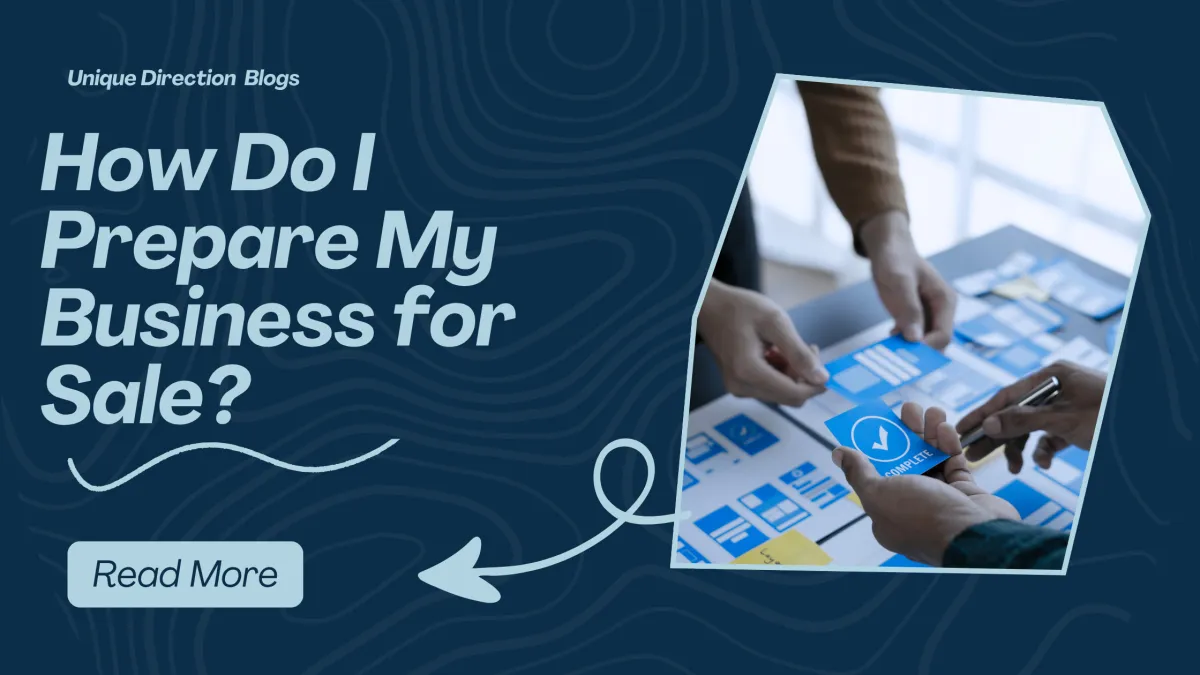Multi purpose
Lorem ipsum dolor sit amet, consectetur adipiscing elit, sed do eiusmod tempor incididunt ut labore et dolore magna aliqua. Ut enim ad minim veniam, quis nostrud exercitation ullamco laboris nisi ut aliquip ex ea commodo consequat. Duis aute irure dolor in reprehenderit in voluptate velit esse cillum dolore eu fugiat nulla pariatur. Excepteur sint occaecat cupidatat non proident, sunt in culpa qui officia deserunt mollit anim id est laborum.
Title
Lorem ipsum dolor sit amet, consectetur adipiscing elit, sed do eiusmod tempor incididunt ut labore et dolore magna aliqua. Ut enim ad minim veniam, quis nostrud exercitation ullamco laboris nisi ut aliquip ex ea commodo consequat. Duis aute irure dolor in reprehenderit in voluptate velit esse cillum dolore eu fugiat nulla pariatur. Excepteur sint occaecat cupidatat non proident, sunt in culpa qui officia deserunt mollit anim id est laborum.


How Do I Prepare My Business for Sale?
How Do I Prepare My Business for Sale?
Buyers don’t buy potential. They buy proof.
So if you’re even thinking about selling, the best time to start preparing is now — not when you get an offer, not when you hit a revenue goal, and certainly not when you’re already exhausted.
Why? Because the businesses that sell fastest, cleanest, and at the highest multiples are the ones that have prepared early — even years before a deal.
What Buyers Actually Look For
Most founders focus on top-line revenue or EBITDA. But here’s the truth:
Buyers pay a premium for businesses that are easy to understand, easy to transfer, and ready to grow without the founder in the middle.
What that really means:
Clean, accurate financials
Documented systems and operations
Recurring or predictable revenue
Strong leadership structure
Low customer or supplier concentration
Legal and IP clarity
Growth opportunities that are clear and credible
Miss even one of these, and your valuation could drop — or the deal could stall entirely.
DIY Approach: Start Getting Exit-Ready Now
Here’s what you can do today to start preparing:
1. Organise your financials
Make sure your management accounts, tax returns, and forecasts are accurate, consistent, and easy to access.
2. Reduce founder reliance
Start shifting responsibilities to senior team members. Build in succession thinking now — not later.
3. Document your key processes
From operations to sales, write down how things are done. Buyers need to know it’s not all in your head.
4. Clean up contracts and compliance
Review supplier, employee, and customer contracts. Fix gaps, renew expired terms, and get everything in writing.
5. Identify and protect your IP
Logos, brand assets, customer data, proprietary tools — all of it should be clearly owned and legally protected.
6. Build a short ‘pitch pack’
Create a one-page summary of your business model, financials, team, and future roadmap. This will sharpen your exit narrative.
What Most Founders Miss
You don’t get second chances in due diligence.
The moment a buyer starts digging, they’re not just validating what you told them — they’re looking for reasons to discount the deal, stall it, or walk away.
Preparation isn't about being perfect. It’s about being credible.
More Reads:
1.How can I increase the value of my company before selling?

